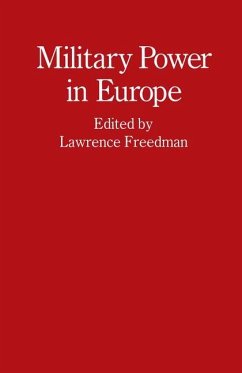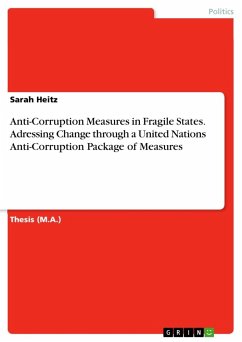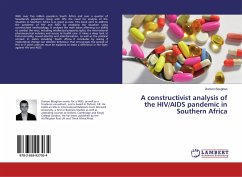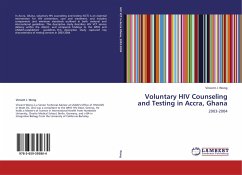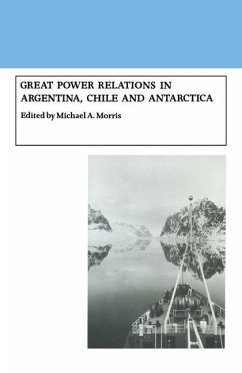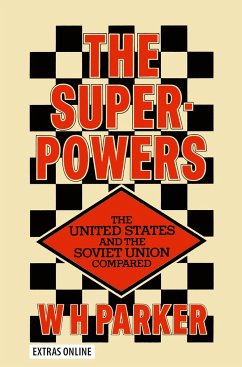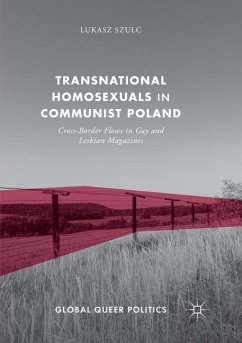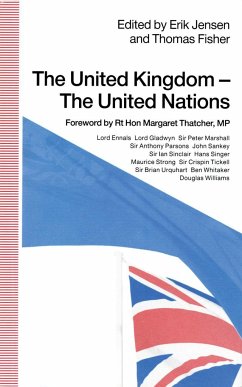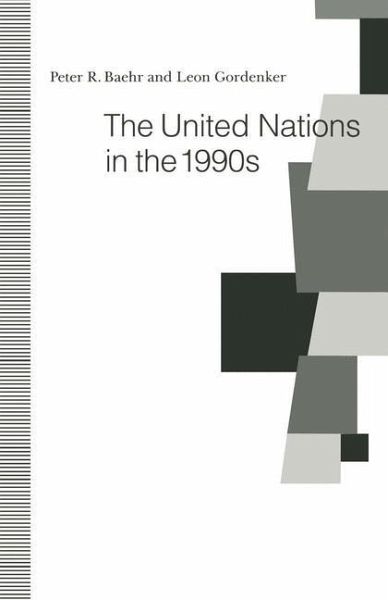
The United Nations in the 1990s

PAYBACK Punkte
19 °P sammeln!
Attempts to explain the United Nation's first 45 years. It sets out the fundamental features of the structure of the United Nations and traces the political developments around such topics as maintaining international peace, protecting human rights and improving economic welfare.





